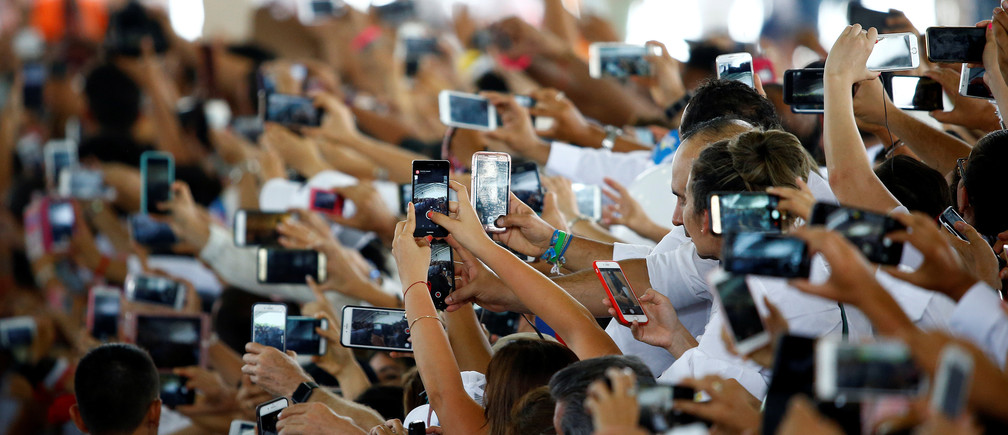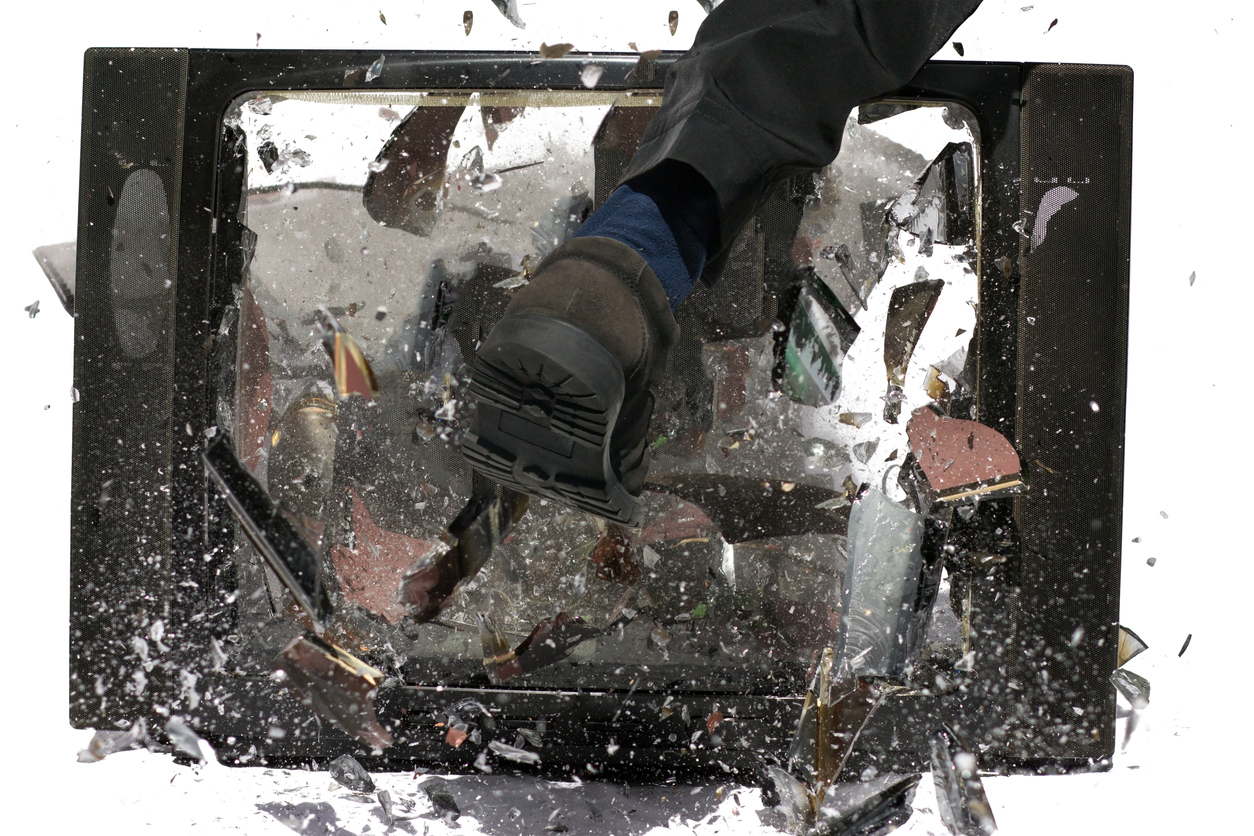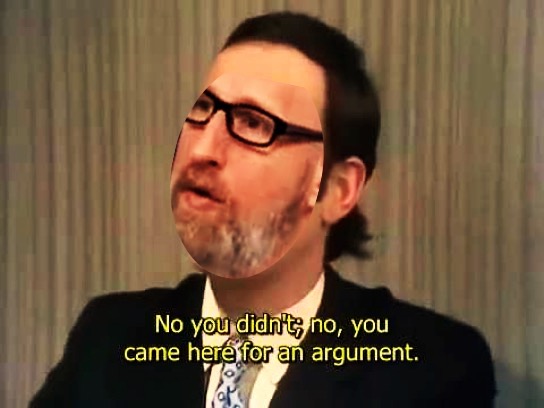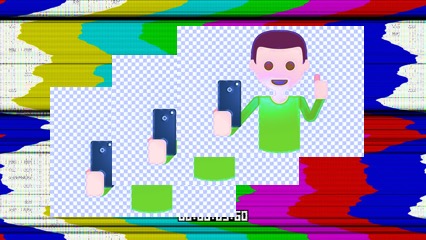Democracy and despotism in a digital age.
Exodus from the Zone
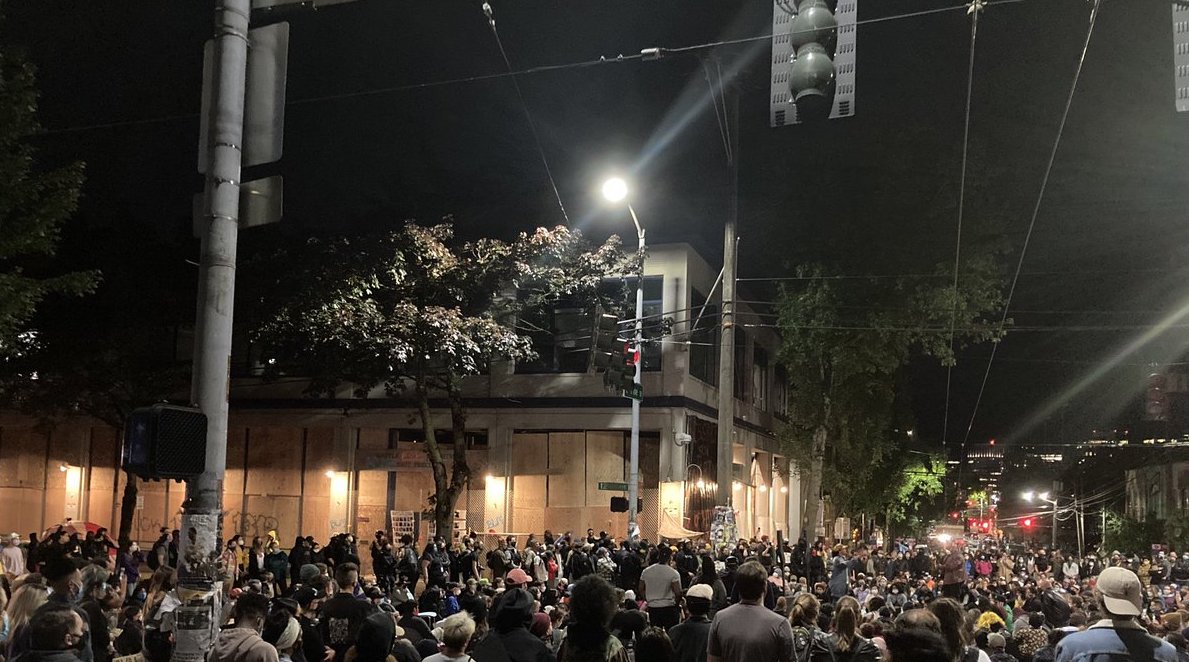
I will arise and go now.
I tried to buy a pistol in Twin Falls. He wouldn’t sell me the pistol, but I could buy a shotgun or a rifle. He didn’t know the gun laws in “those liberal states” I would be driving through. Better to not risk it at the beginning of the trip, but on the way back I’ll buy whatever I can get.
Hopefully I don’t need it before then, but who knows what it’s really like in other cities across the country, or how this will play out over the next few months. Our plan is to explore what’s left of this country, then find an exit.
My old apartment is in the Capitol Hill Autonomous Zone, or whatever they call it now. The other day some old friends from college encouraged me to check out “the zone.” The phrase is only fitting—lately life feels like a Tarkovsky movie anyway.
My friends must have listened to that media narrative that portrays the thing as some sort of cultural outpouring. I saw a video of the owner of the auto repair shop in “the zone” where I got my car fixed a few months ago. About 50 people tore down his fence, stole his merchandise, and then lit his service center on fire while he watched. Unless you live in some place like “the zone” or work for a corporation that fuels this ideology, it can be easy to convince yourself that things will swing back again soon.
*
Further down the road in Idaho, I crossed Perrine Bridge. It is the only man-made structure where BASE jumping is allowed year-round without a permit. We saw a few guys jump off the bridge and pull their parachutes before landing in the Snake River. It’s a long way down, but you still have to pull the chute almost immediately. People come from all over the world to jump.
Last year, a friend of mine paid some guy out here a few thousand dollars to teach him how to do it. With his construction business halted due to the virus, and bailouts flowing in, he rented an R.V. to skydive around the country. Maybe we’ll cross paths. He’s going to wingsuit in the Dolomites later this year.
People who don’t believe in God have never slept alone in a bear-infested forest with someone they love. Grand Teton National Park was empty. We got one of the best tent sites in the entire park. Normally, it’s impossible to get a spot on a weekend, but the park was practically abandoned because of coronavirus restrictions. These days, even the environmentalist demographic has been neutered.
My girlfriend was worried about the bears in the park after the ranger warned us about possible attacks. We drank some whiskey under the stars and forgot about them. I slept great, although it was pretty cold that night. Before leaving, I took an aesthetic photo of our REI tent and lined up my 328i xDrive BMW in the background. I deserved something nice after all the effort I put in, I mean, it all had to be worth something right?
On the trail around Phelps Lake, a man asked me if we spotted any animals up ahead, I replied “No, thanks,” because I thought he asked me if I wanted to pay him to guide us. Maybe it’s me who’s changed. I had to learn to be suspicious to survive in the city. My university friends would joke that I was from a midwestern flyover state—I’m from Pennsylvania. But I proved them wrong, I learned Spanish and Italian, traveled the world, and did ayahuasca with a shaman in Iquitos.
In Cheyenne I expected to see an old Western-style outpost like in the movies. It was mostly empty, except for a few homeless people wandering around under the hot sun. Tumbleweed might as well have rolled across the road.
When we got service again, my girlfriend showed me an article featuring the owner of a bagel shop we used to frequent in “the zone.” He expressed his support for the protestors, and said that he gives them free food every morning. He has 5 restaurants, even a few in Japan now. “The zone” is accessible anywhere through the internet, even in Ogallala.
*
There wasn’t much in Nebraska other than large-scale industrial farms with dilapidated houses that litter the landscape every few miles. Do the farmers who cultivate this massive amount of land really live in these pathetic homes? I’ve heard farmers say they are being squeezed out. It sure seems that way.
We camped outside of Lincoln, and I felt guilty for not picking up the book I intended to read, Fichte’s Closed Commercial State. In the book, he describes his plan for the state to guarantee employment for every citizen, as he believed that Europe could not be in peace unless economic life was disentangled from competition between states. Could it work? Maybe, maybe not. At this stage, who cares?
They just print the money now. A 250k degree in Economics from a top-tier university and that is a sufficient level of depth to analyze the subject. With the latest bailouts, at least we won’t hear any more nonsense about “free-market capitalism” anymore, right? Before dozing off, I read Leaves of Grass again instead.
When we arrived in Indiana, we stopped to check out the University of Notre Dame in South Bend. It was stunningly beautiful, a silver lining on arguably the biggest scam in American history. My old university in New York has 15 study abroad sites across the world now.
Our last night on the road we got a hotel on the southern shore of Lake Erie. The fresh, local fish were delicious. They had a few different local varieties available at the fry. There were even some Amish people there. Have they been successful? Would their ancestors be proud? I’m not sure, why don’t we hear much about them?
Then I thought about how the other Ohioans’ ancestors would feel, the Catholics, Protestants, and all the rest, those who were integrated into the system. They literally built these towns with their bare hands. They would be ashamed to see the place now. Most of the original architecture is in disrepair, with corporate chains and fast-food restaurants dominating the landscape. These were the most out-of-shape people I’ve ever seen, anywhere in the world. Beautiful land, though.
We thought the mattress at the hotel had bed bugs. I didn’t sleep much that night.
*
After a long drive, we finally arrived at my family’s home in Pennsylvania. It’s an old coal mining and manufacturing town that has been largely left behind by globalization as jobs were sent overseas. The population has halved since my grandfather’s days here. It is very beautiful, there’s lots of land, many animals, but few jobs, especially for someone as learned as myself, of course.
Maybe with remote work, options like this could be more real. We hoped to find somewhere we might choose to settle down, but we haven’t found anything yet. All in all, it took about a week to complete the cross-country trip. We plan to explore the rest of the east coast next. We’re still plotting our exodus from “the zone.”
To understand America, you have to realize that it is not a country for the Americans anymore. It is an open-air labor camp and consumption center that functions as the engine for international capital consolidation.
I was tempted to write about Marcuse’s description of repressive desublimation, Girard’s idea of mimetic desire, and Taleb’s concept of antifragility, all within the context of institutional betrayal. But frankly, that won’t accomplish anything. Sophists spend lifetimes rebranding instinctually obvious concepts without ever applying them. The path of intellectual development stalls without the application of learned concepts to real life.
A culture whose models are degenerate, becomes degenerate itself. Mimicry explains more than most people think. You fix the models by becoming the model. Remember, capitalism incorporates revolutionary ideas into itself. All we need are the proper inputs. I’ve found them. There are too many people talking about building, and not enough people actually doing it. I don’t want funding, I don’t want interns, I don’t want anything from you. I want like-minded neighbors.
My goal is to build a permaculture farm on a multi-acre estate where my family can live for generations to come. We will decrease our dependence on a system that does not serve us, and invest our labor, in accordance with nature, to build one ourselves that does.
The American Mind presents a range of perspectives. Views are writers’ own and do not necessarily represent those of The Claremont Institute.
The American Mind is a publication of the Claremont Institute, a non-profit 501(c)(3) organization, dedicated to restoring the principles of the American Founding to their rightful, preeminent authority in our national life. Interested in supporting our work? Gifts to the Claremont Institute are tax-deductible.

